EU gives Ireland more time but Czechs block progress
EU leaders have agreed to postpone till October a decision on the bloc's Lisbon Treaty, according to a draft deal on Friday.
Friday, 20.06.2008.
11:35

EU leaders have agreed to postpone till October a decision on the bloc's Lisbon Treaty, according to a draft deal on Friday. The treaty has been rejected by Irish voters and is further threatened by a eurosceptic Czech president. EU gives Ireland more time but Czechs block progress But the document, prepared for a European Union summit in Brussels ending later Friday, sidestepped the issue of what exactly should be done by the seven countries that have not yet ratified the treaty. During a lengthy first-day summit session, which ended in the early hours, Irish Prime Minister Brian Cowen pleaded for more time to plot a way out of the EU's reform crisis, following last week's "no" vote which plunged the bloc back into institutional crisis. "The European Council agreed to Ireland's suggestion to come back to this issue at its meeting of 15 October 2008 in order to consider the way forward," said the draft statement seen by AFP. In it the leaders noted that while 19 EU nations have ratified the treaty, meant to streamline the way the bloc operates as it expands, "more time was needed to analyse the situation." "The ratification process continues in the other countries," said the only reference on whether to forge ahead, in a document which could yet change in what is expected to be a day of political wrangling. It made no reference to the importance the leaders attach to the treaty, nor did it send a strong signal that the seven remaining countries were united in their determination to press ahead. French President Nicolas Sarkozy, after a working dinner Thursday dedicated to the problem, noted that the leaders had met "particular difficulty" with the Czechs. Arriving Friday, Belgian secretary of state for foreign affairs Olivier Chastel went further, saying the Czechs were "not willing to listen to reason" about other countries pursuing ratification. Czech President Vaclav Klaus had already said last week that the Lisbon Treaty was dead, after more than 53 percent of Irish voters rejected it. Klaus is a well-known eurosceptic, and Prague's parliamentary ratification of the treaty was suspended in April after the Senate demanded a ruling from the country's constitutional court, which is still pending. Early Friday Czech Prime Minister Mirek Topolanek held a pre-meet huddle to try to thrash out a solution. EU foreign policy chief Javier Solana, arriving for the talks, said he didn't think the Czechs would block the treaty. "I don't think so. I was yesterday at the dinner and I don't have any sentiment," he told reporters. "I think that the treaty will be ratified in the rest of the countries," he added. Another setback on top of the Irish vote could torpedo the charter in the way the French and Dutch voters did for its predecessor the EU constitution. The leaders are determined to prove that the EU is not heading toward another period of stasis like the two-year political limbo that followed the constitution's rejection. Elsewhere in their summit talks and the draft conclusions, seen by AFP, they also tackled issues including soaring oil and food prices and the environment. The Lisbon Treaty, signed in the Portuguese capital last December, was scheduled to come into force on January 1, 2009, a date which even the most optimistic europhile has rubbed off the calendar. The next key date comes with European parliamentary elections in a year's time. Next month the French take over the EU's rotating presidency and Sarkozy at the summit appeared to be a man in a hurry. He said Thursday he plans to visit Ireland next month in search of an answer.
EU gives Ireland more time but Czechs block progress
But the document, prepared for a European Union summit in Brussels ending later Friday, sidestepped the issue of what exactly should be done by the seven countries that have not yet ratified the treaty.During a lengthy first-day summit session, which ended in the early hours, Irish Prime Minister Brian Cowen pleaded for more time to plot a way out of the EU's reform crisis, following last week's "no" vote which plunged the bloc back into institutional crisis.
"The European Council agreed to Ireland's suggestion to come back to this issue at its meeting of 15 October 2008 in order to consider the way forward," said the draft statement seen by AFP.
In it the leaders noted that while 19 EU nations have ratified the treaty, meant to streamline the way the bloc operates as it expands, "more time was needed to analyse the situation."
"The ratification process continues in the other countries," said the only reference on whether to forge ahead, in a document which could yet change in what is expected to be a day of political wrangling.
It made no reference to the importance the leaders attach to the treaty, nor did it send a strong signal that the seven remaining countries were united in their determination to press ahead.
French President Nicolas Sarkozy, after a working dinner Thursday dedicated to the problem, noted that the leaders had met "particular difficulty" with the Czechs.
Arriving Friday, Belgian secretary of state for foreign affairs Olivier Chastel went further, saying the Czechs were "not willing to listen to reason" about other countries pursuing ratification.
Czech President Vaclav Klaus had already said last week that the Lisbon Treaty was dead, after more than 53 percent of Irish voters rejected it.
Klaus is a well-known eurosceptic, and Prague's parliamentary ratification of the treaty was suspended in April after the Senate demanded a ruling from the country's constitutional court, which is still pending.
Early Friday Czech Prime Minister Mirek Topolanek held a pre-meet huddle to try to thrash out a solution.
EU foreign policy chief Javier Solana, arriving for the talks, said he didn't think the Czechs would block the treaty.
"I don't think so. I was yesterday at the dinner and I don't have any sentiment," he told reporters.
"I think that the treaty will be ratified in the rest of the countries," he added.
Another setback on top of the Irish vote could torpedo the charter in the way the French and Dutch voters did for its predecessor the EU constitution.
The leaders are determined to prove that the EU is not heading toward another period of stasis like the two-year political limbo that followed the constitution's rejection.
Elsewhere in their summit talks and the draft conclusions, seen by AFP, they also tackled issues including soaring oil and food prices and the environment.
The Lisbon Treaty, signed in the Portuguese capital last December, was scheduled to come into force on January 1, 2009, a date which even the most optimistic europhile has rubbed off the calendar.
The next key date comes with European parliamentary elections in a year's time.
Next month the French take over the EU's rotating presidency and Sarkozy at the summit appeared to be a man in a hurry.
He said Thursday he plans to visit Ireland next month in search of an answer.












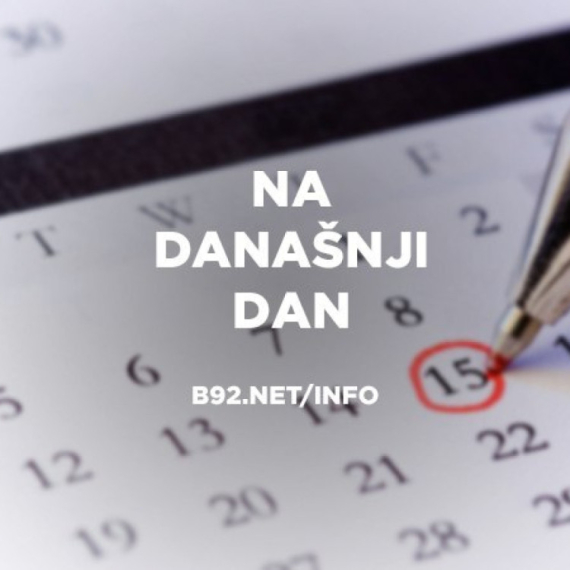
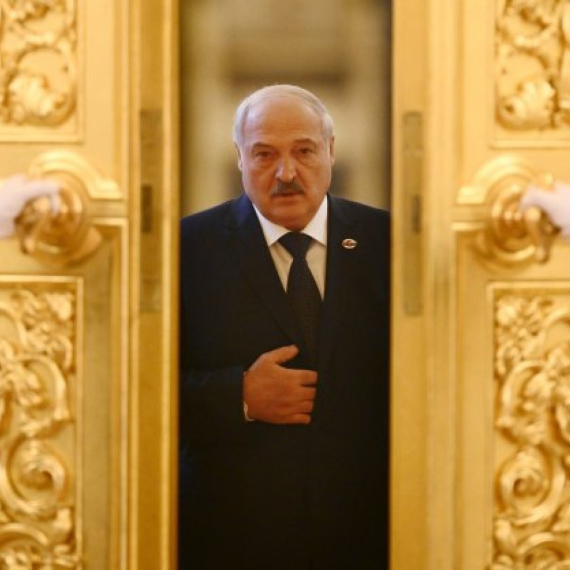





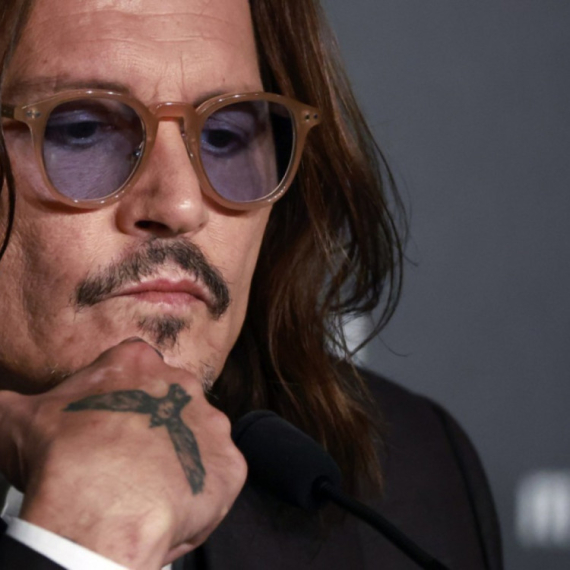
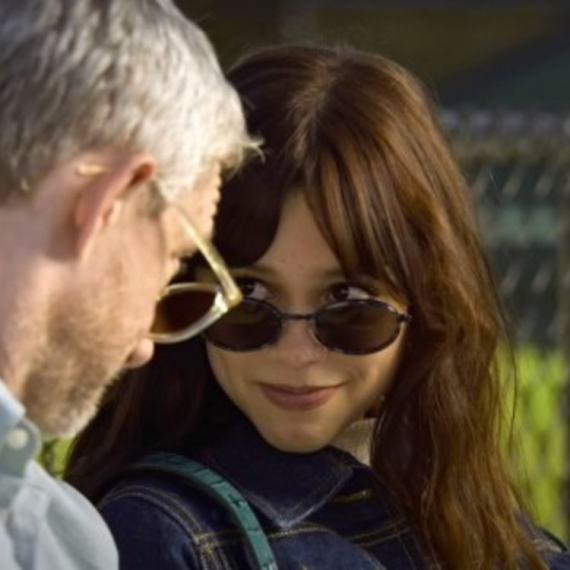
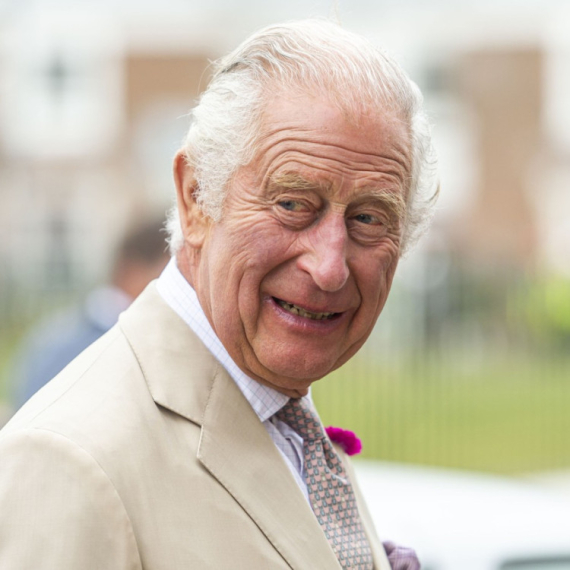






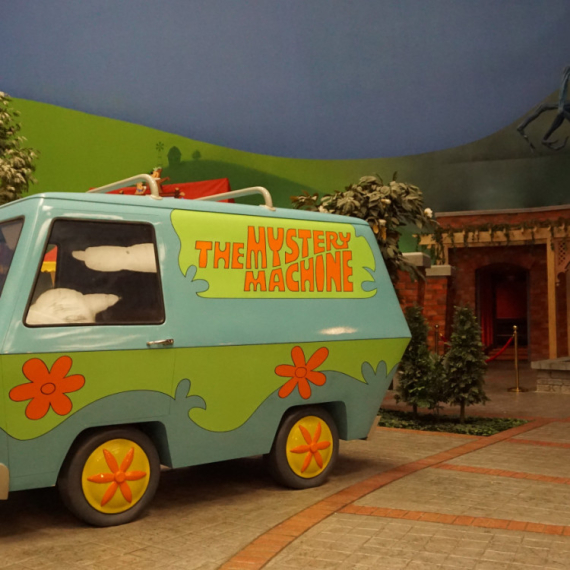









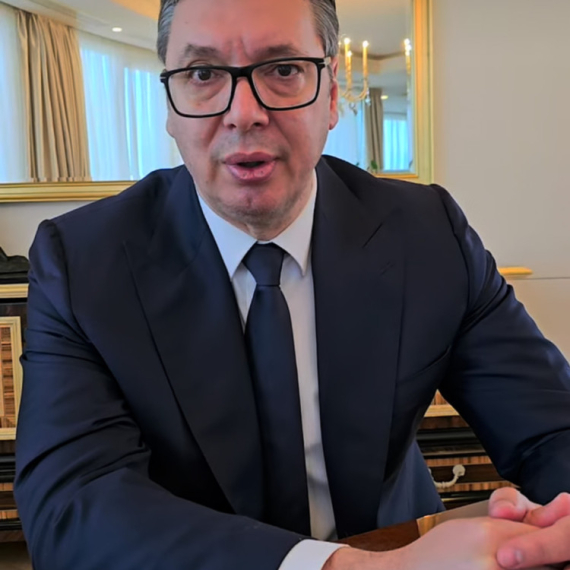
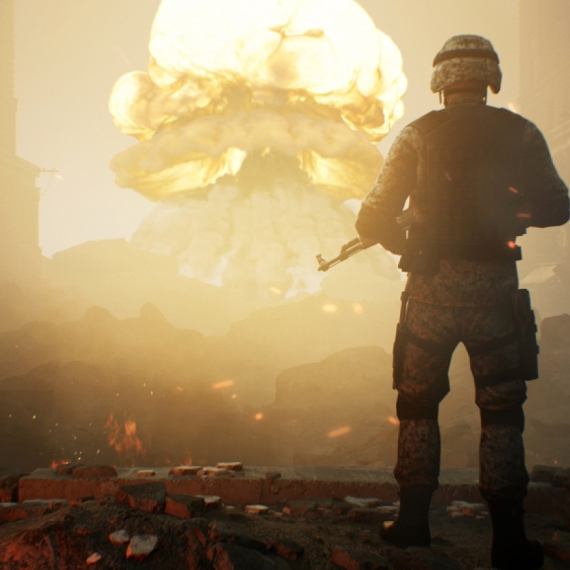
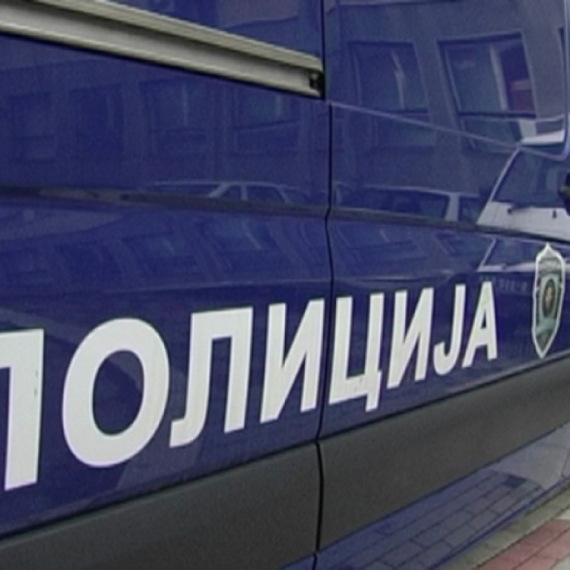



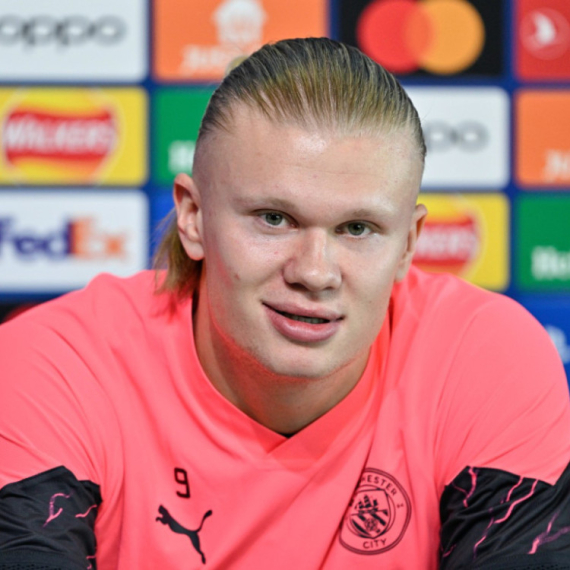









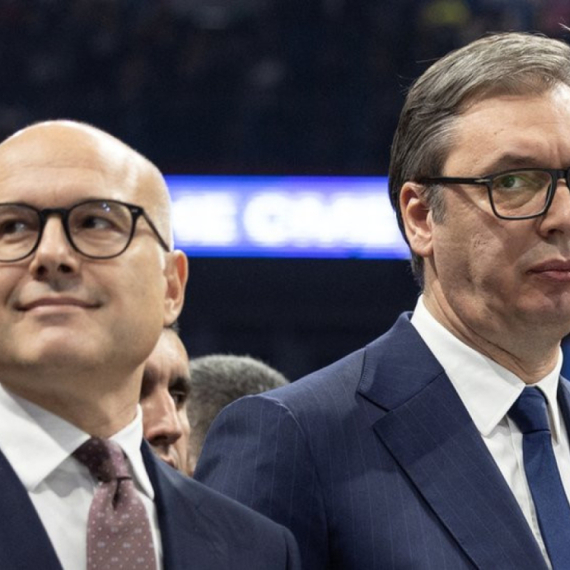

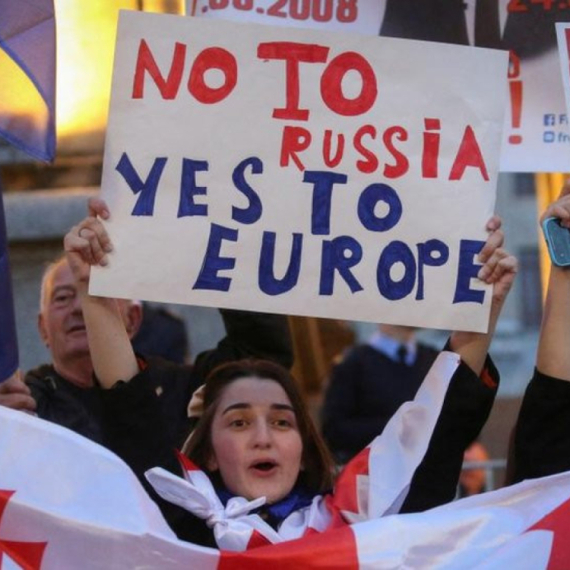

Komentari 1
Pogledaj komentare